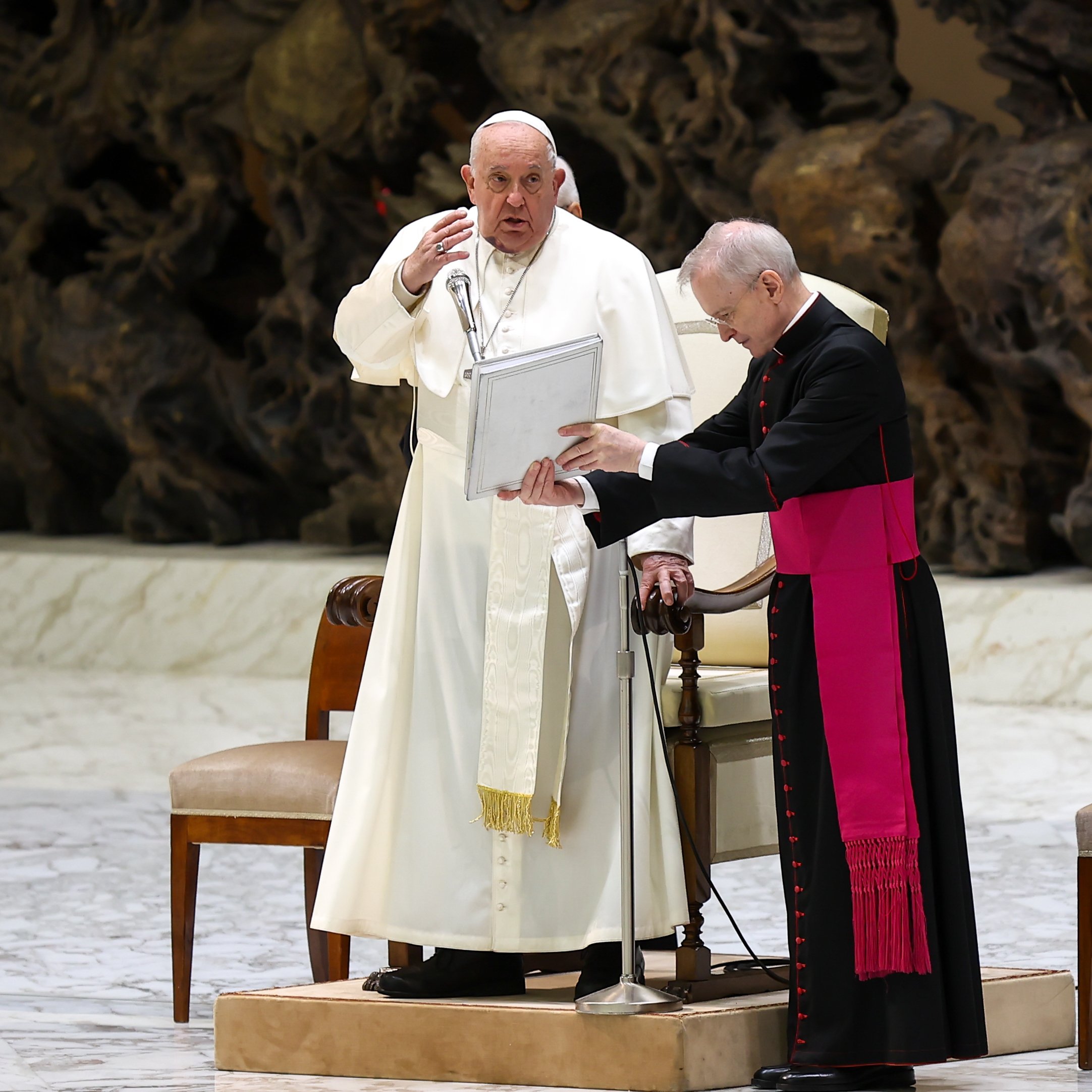DEAR FATHER | Different degrees of sin, but all destroy the love in our hearts
What is the difference between venial and mortal sins? How can there be ‘levels’ of sin? Which sins am I supposed to confess?

This is a question that many people wonder about. We hear of terms such as “mortal sin,” “venial sin,” “deadly sins” and so on. But what do they mean?
Sin is a “failure in genuine love for God and neighbor caused by a perverse attachment to certain goods” (Catechism of the Catholic Church, 1849). It sets us against God’s love, for it declares that the love I have for myself or another person or thing is greater than the love I have for God.
The Church teaches that there are two degrees of sin: mortal and venial. We receive this understanding from the First Letter of St. John, where he distinguishes between a deadly type of sin and a sin that is not deadly (1 John 5: 16-17).
Mortal sin is a deadly kind of sin, for it is a grave, or serious, violation against God and destroys the love we have in our hearts. For a sin to be mortal, three conditions must be met.
First, the matter of the sin must be grave. Common examples of grave matter include murder, adultery and stealing. Second, the grave act must be committed with full knowledge that it is a mortal sin. With the kind of actions that constitute a mortal sin, many of us could not claim that we did not know it was seriously wrong to do because we have been taught that these acts are wrong since we were children. With full knowledge that the action is gravely wrong, the third condition is that one has to freely choose to do it. Thus, if one were to commit a gravely wrong action under duress, it would not be a grave sin.
If a sin fails to meet any of the three conditions, it is a venial sin. Venial sin weakens the love we have in our hearts, because it is a choice for created things over God. It impedes our practicing of a virtuous life and, when venial sin goes unrepented and becomes even deliberate on our part, it opens us up more and more to the possibility of committing mortal sin.
The seven deadly sins are a list passed down in Christian tradition. They were put into their current form by Pope St. Gregory the Great in 590 AD. They are called the deadly sins because they are considered the origin from which other sins, potentially deadly ones, can arise.
In the Gospel, Jesus speaks of the unforgivable sin (Luke 12:10). The only unforgivable sin is the denial of the Holy Spirit, which is denying the fact that God is willing and able to forgive our sins. If we do not seek forgiveness, how can God forgive us? This is why it is called the unforgivable sin.
In the sacrament of confession, what should one confess? The Church teaches that all mortal sins that can be remembered must be confessed. This is done plainly to the priest, by telling him the kind of sin and the number of times it was committed. While not required, the Church does recommend the confession of venial sins as well. Confession of such sins helps us to better form our conscience and fight against evil. It allows us to be healed by God’s mercy. Venial sin is also forgiven by acts of charity, such as performing a work of mercy, prayer or attending Holy Mass.
As we continue the season of Lent, let us resolve to fight sin in all of its forms, so that we may arise anew with Christ on Easter.
Father Mayo is pastor of Holy Rosary Parish in Warrenton.
This is a question that many people wonder about. We hear of terms such as “mortal sin,” “venial sin,” “deadly sins” and so on. But what do they mean? Sin … DEAR FATHER | Different degrees of sin, but all destroy the love in our hearts
Subscribe to Read All St. Louis Review Stories
All readers receive 5 stories to read free per month. After that, readers will need to be logged in.
If you are currently receive the St. Louis Review at your home or office, please send your name and address (and subscriber id if you know it) to subscriptions@stlouisreview.com to get your login information.
If you are not currently a subscriber to the St. Louis Review, please contact subscriptions@stlouisreview.com for information on how to subscribe.






